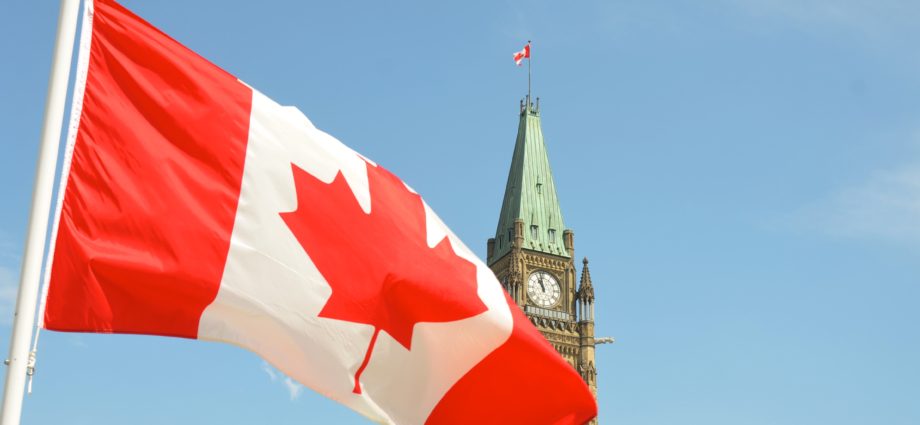
Geoff Callaghan, University of Windsor
July 12, 2022
In response to a streak of lamentable applications of the notwithstanding clause in Ontario and Québec over the past few years, consensus seems to be forming that Canada would be better off to get rid of the clause altogether.
We should be careful what we wish for.
The notwithstanding clause allows governments to enact legislation despite being in violation of certain sections of the Charter of Rights and Freedoms that protect fundamental freedoms like expression and assembly, legal rights and the right to equality.
An example is Québec’s Bill 21, which was passed into law in 2019. It prohibits public service workers from wearing religious symbols while fulfilling their civic duties, which clearly violates the right to freedom of religion under Sec. 2(a) of the Charter.
If not for a decision by the Québec legislature to invoke the notwithstanding clause in this case, the law would almost surely have been struck down as unconstitutional.
Ontario legislators, meantime, passed a bill limiting third-party election advertising via the use of the notwithstanding clause a year before the 2022 provincial election.
‘What’s the point?’
The argument against the notwithstanding clause is straightforward: what good is a Charter of Rights that includes a provision allowing governments to simply ignore the rights included in it? Does this not subvert the entire rationale for elevating rights to constitutional status in the first place?
Despite the intuitive appeal of this line of reasoning, it’s important to recognize the beneficial role the clause serves in protecting the particular brand of democracy we practise in Canada.
To begin with, just because a right appears in our Charter doesn’t necessarily mean the right will be protected in a way we can all agree upon. Like everything else, rights require interpretation, and the Charter explicitly assigns interpretive powers to the courts.

While it’s tempting to view courts as the guardians of truth, justice and rights in our society, we must keep in mind that decision-making in this venue, just as any other, is carried out by human beings — all of whom have their own peculiar understanding of what rights require.
It’s entirely possible that a judicial body will make a judgment on rights that many find abhorrent. Under a system where they wield ultimate authority over the matter, there is little recourse to challenge that judgment. The recent decision by the United States Supreme Court to overturn Roe v. Wade is a stark example of this reality.
In Canada, the notwithstanding clause complicates the relationship between our legislatures and courts.
While courts do enjoy ultimate authority over the interpretation of rights in our country, the notwithstanding clause means they do not possess the final say on the matter. The people’s elected representatives retain the final say, in keeping with Canada’s unique constitutional history.
Trust in government
The constitutional design of the United States is fundamentally organized around a mistrust of government. The exact opposite is the case in Canada.
Principles like responsible government and parliamentary supremacy lie at the core of Canada’s Constitution, and both depend on maintaining confidence in our elected representatives and the processes by which they govern.
Although the assurances we receive from having our rights protected via a process of judicial review is undoubtedly an aspect of Canada’s political architecture, so too is the faith we place in our elected officials.
It’s for this very reason that the notwithstanding clause has a built-in five-year limit. The limit reflects the constitutionally mandated interval for any given legislative cycle, which means that the court of public opinion has the ultimate say over whether use of the clause was justified in any given case.
Critics of the notwithstanding clause often overlook our constitutional history, falling prey to an American-style narrative that courts exist to protect the people from government.
Perceived rights violations
But observe where this sentiment has led our neighbours to the south: a hyper-partisan judiciary buttressed by a fractious and divisive political culture. It’s a trend that has recently surfaced in this country in the form of the “freedom convoy,” which not coincidentally is organized around a fervent anti-government agenda on the back of a perceived violation of rights.
This should be a warning to all Canadians. Can the notwithstanding clause be abused? Of course it can — recent uses by Québec and Ontario have done an admirable job verifying that fact.
Subscribe to our newsletter.
But its presence in our constitutional ecosystem is both historically appropriate and, in many ways, democratically desirable. Excising the notwithstanding clause would undoubtedly make our Charter more American. Is this the path we want to follow?
Geoff Callaghan, Assistant Professor, Political Science, University of Windsor
This article is republished from The Conversation under a Creative Commons license. Read the original article.



